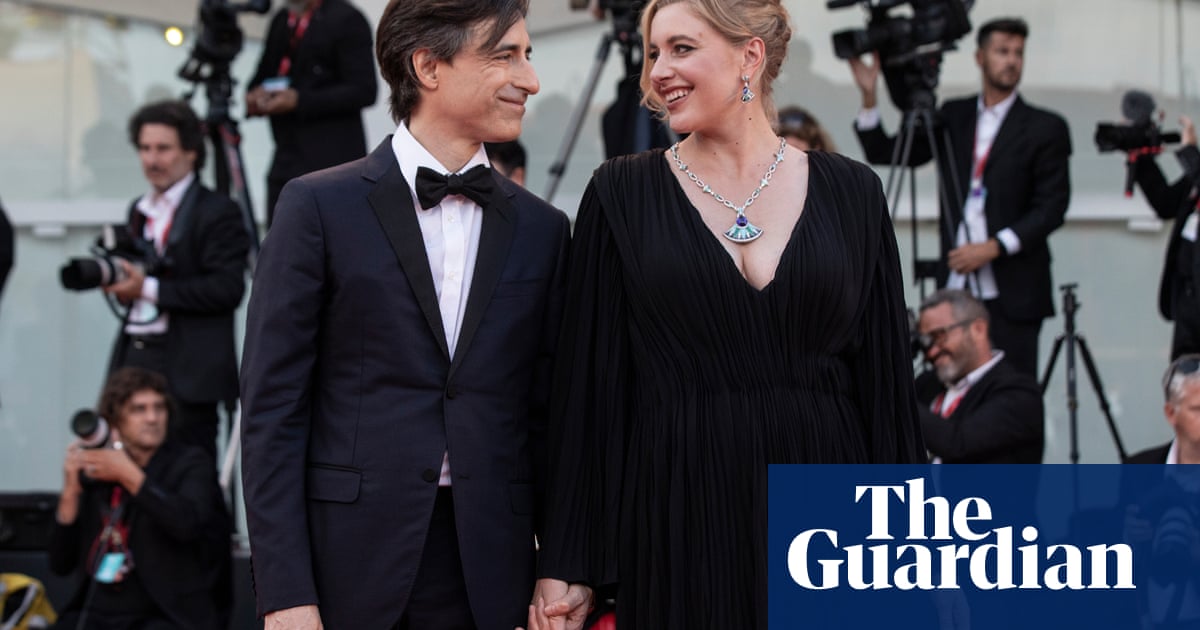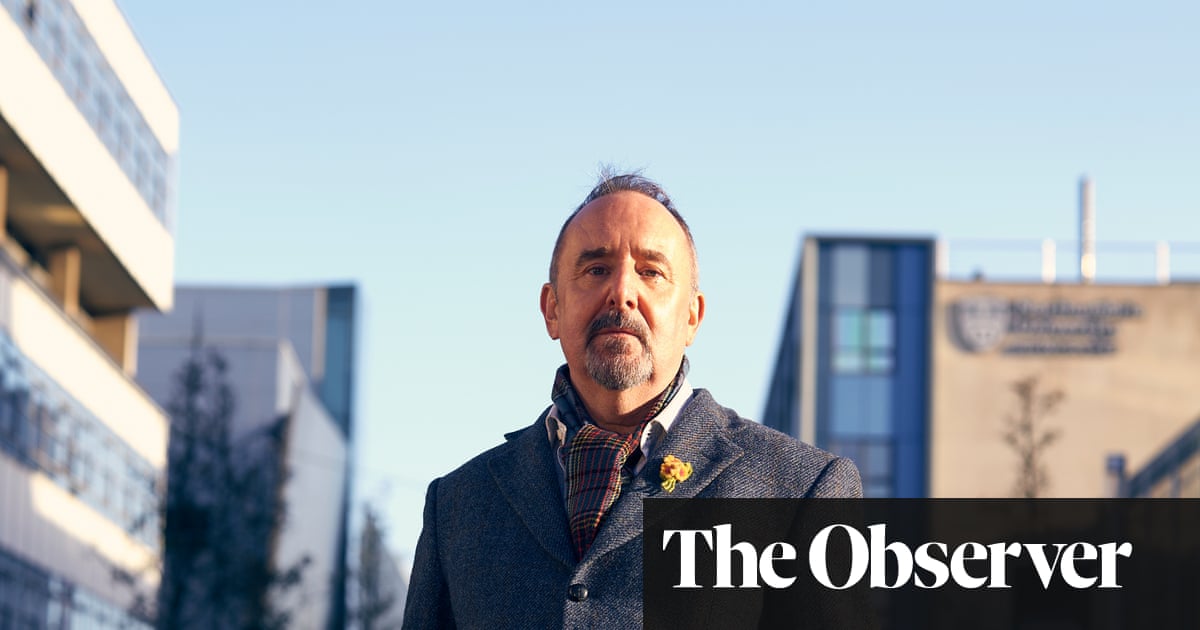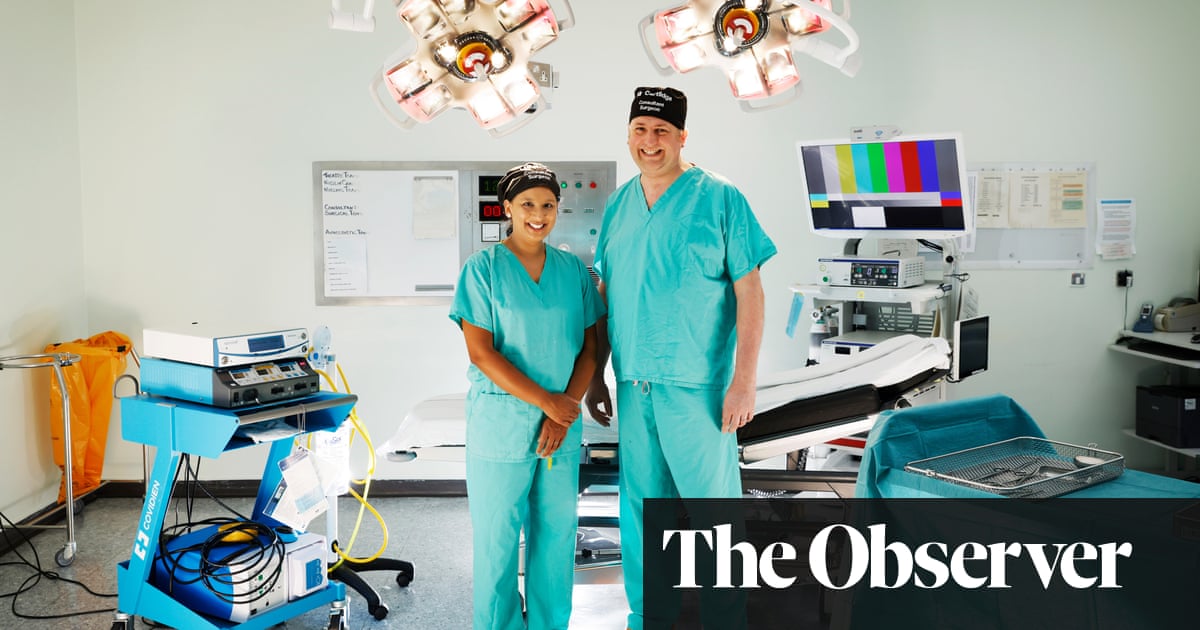
The Academy award nominations on Tuesday contained, among the plethora of announcements, intriguing evidence of the strength of familial connections underpinning major Oscar bids, with a number of the 10 films nominated for best picture containing both members of high profile relationships, working together on the same film. Barbie, the doll-inspired blockbuster that, to the chagrin of many including Ryan Gosling, appeared to be snubbed in the best actress and best director categories, even contains two of them. Star Margot Robbie and husband Tom Ackerley are co-founders of LuckyChap Entertainment, the company that produced the film, while director Greta Gerwig is up for best adapted screenplay alongside her husband Noah Baumbach.
The 2024 Oscar crop appears to have been particularly favourable to these kind of partnerships: the director-producer team behind best picture nominee Oppenheimer, Christopher Nolan and Emma Thomas, are also married, while Anatomy of a Fall director Justine Triet is up for a best original screenplay Oscar along with Arthur Hariri, with whom she is in a long-term relationship and has two children. Elsewhere on the list is May December writer Samy Burch, who shares a “story by” credit with husband Alex Mechanik, and Napoleon Dynamite director Jared Hess, who has co-directed and co-written best animated short film nominee Ninety Five Senses with wife Jerusha.
All these are film industry veterans, working together (and not) on multiple projects over the years; it is no doubt a coincidence, albeit a noticeable one, that so many find themselves up for Oscars together. Anna Smith, film critic and host of the Girls on Film podcast, says she has a positive view of the phenomenon. “I think these are examples of real life partners working very well together with a shared vision, or at least visions that complement each other. Baumbach and Ackerley strike me as feminist allies and Baumbach doubtless brought a helpful and witty male perspective to the Barbie script, which he and Gerwig wrote living together in lockdown – handy!”
It is a form of creative collaboration that is by no means new: back in 1919, Mary Pickford, then one of Hollywood’s biggest stars, co-founded the studio United Artists with her future husband Douglas Fairbanks (as well as Charlie Chaplin and Birth of a Nation director DW Griffith). Thomas and Nolan met while both were students at University College London, and have worked together since their first short film, the Nolan-directed Doodlebug. Robbie set LuckyChap up with Ackerley in 2014 along with friends Sophia Kerr and Josey McNamara, while Gerwig and Baumbach met while making Baumbach’s 2010 film Greenberg.
It is self-evident, though, that the highly pressured environment of film production can pose special difficulties for collaborators also in a relationship. Rebecca Harrell Tickell and Josh Tickell, who have made a string of award-winning environmental documentaries including The Big Fix, Kiss the Ground and its followup Common Ground, say that the all-consuming demands of film-making are hard to manage.
Harrell Tickell says: “Our marriage and family are so enmeshed with our films and mission we can sometimes take the successes and failures a little too personally.” Tickell adds: “Overall, it’s a great source of strength. The pitfall is that there is no division between work, family life and love life.”
While the risks of making films together are clear, it’s evident that, in this Oscar round at least, we can see the positives. Nolan and Thomas have been making films together since their first short film, while Robbie and Ackerley have capitalised on the former’s acting career to branch out and back the careers of directors such as Emerald Fennell and Megan Park. Despite their distinct authorial voices as high-profile directors, Gerwig and Baumbach collaborated on a script for Barbie that, beforehand, it would have seemed unlikely that either would have produced solo.
The problem of how to resolve creative disagreements – without it destroying personal relationships – is a definite issue. Harrell Tickell says: “Mostly we are aligned, or one of us can be flexible. But if we strongly disagree we usually have to take a moment and hash out our opposing views away from our staff. When we resolve conflicts related to our films, we each get a vote and what the film needs gets a vote.” Tickell suggests this can be a source of strength: “Miscommunications are inevitable and there are of course moments when we don’t see eye to eye. But often the ‘third path’, something neither of us saw, opens up and that new pathway is where the creative genius lies.”
In the end, though, the positives outweigh the negatives, says Harrell Tickell. “Embracing our partnership makes us exponentially more effective than either of us as an individual.”












